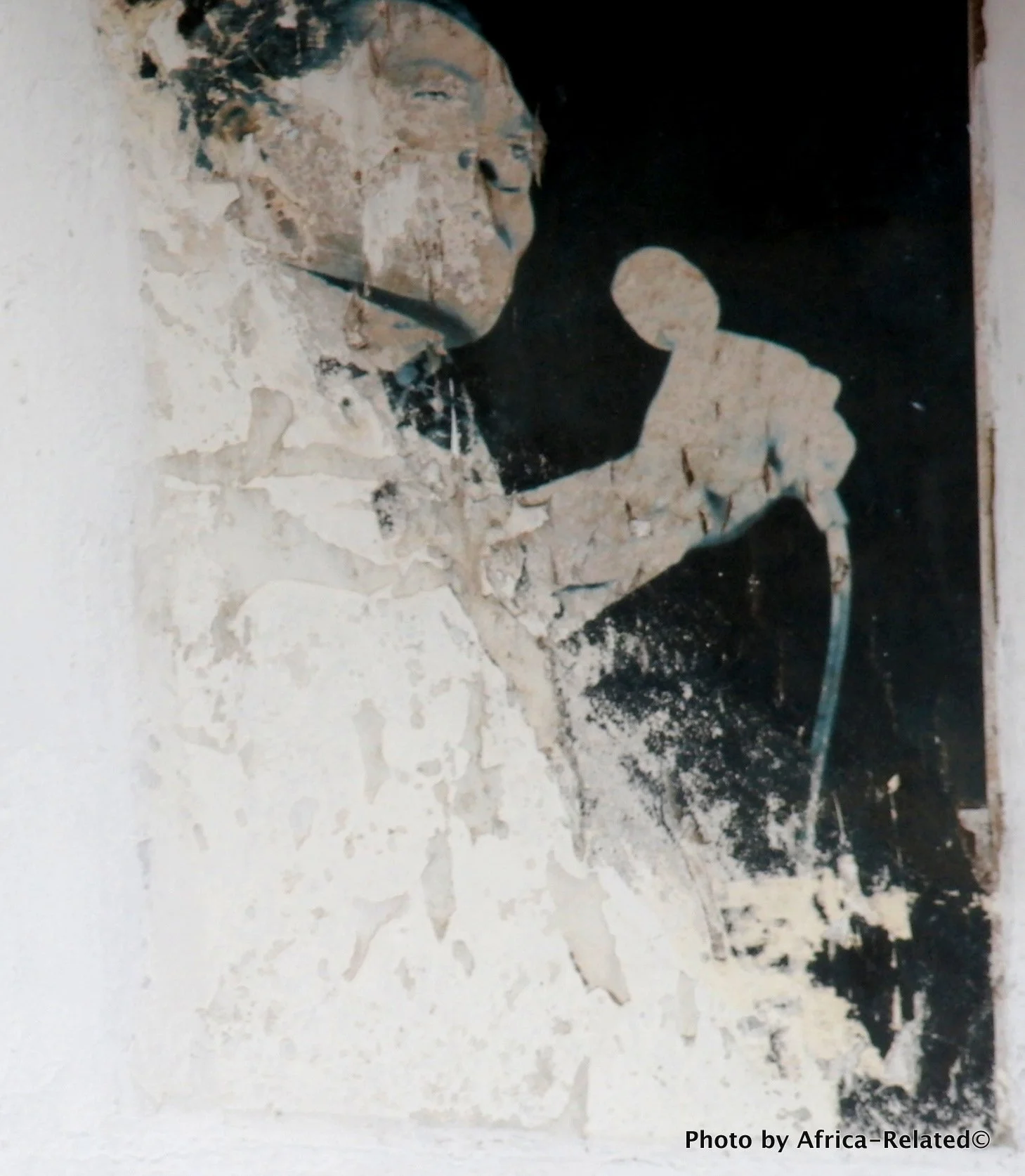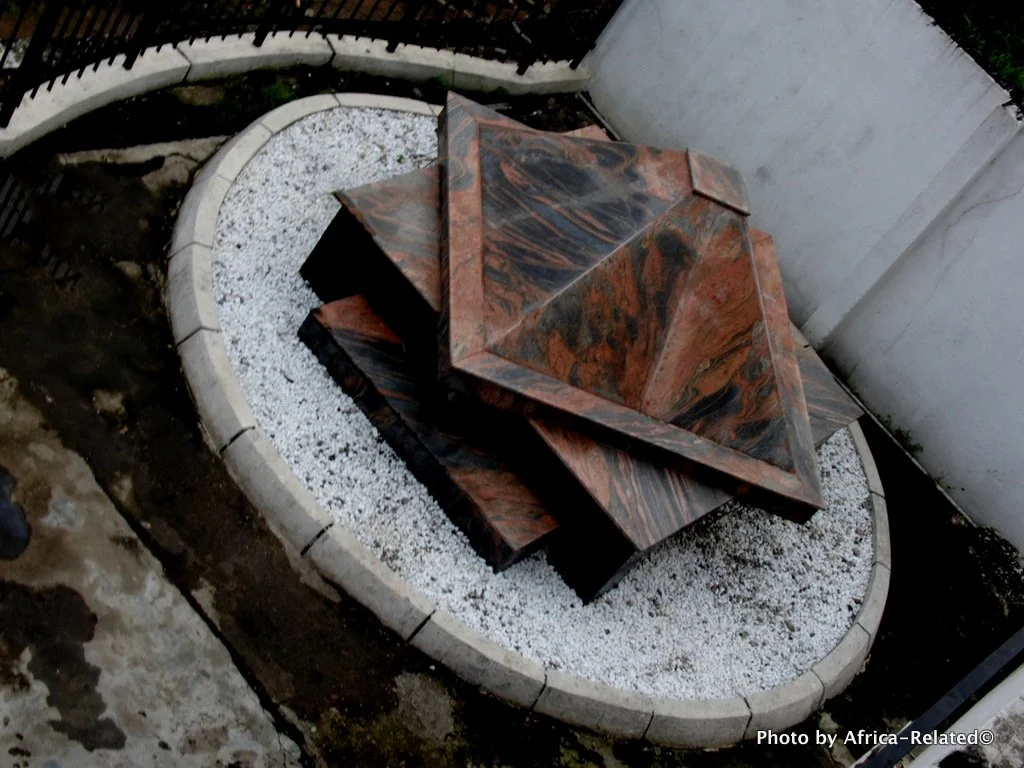Fela Kuti And His Politics
FELA: The Funky Jazz Man
He created Afrobeat by fusing traditional West African talking drums with American funk, jazz, and soul.
By Fortune Ehiwayas
FELA: The Funky Jazz Man
Fela Kuti was one of the most significant musical icons in the history of black music. Born on September 21, 1938, Fela grew up during a time of change in Africa. After colonial rule by European nations ended and independence was achieved, the country’s new leaders began asserting a socialist economic system that critics claim caused widespread poverty and corruption.
Such injustices inspired Fela to speak out against his native country’s government and provide hope for Africans who felt despair at social ills like famine, poverty, and a lack of education. Although many know about his political activism, few are aware of his prodigious musical talent as well as his innovative contributions to Afrobeat music that have influenced international musicians such as Michael Jackson and Bob Marley.
Fela was born in Abeokuta, Nigeria, where his father was a famous Nigerian barrister and champion for human rights. As a child, Fela took great interest in both his mother’s speeches and his father’s legal work. Although he received a degree in accounting, Fela began playing music at night while working during the day. He formed The Koola Lobitos before founding an Afrobeat band that came to be known as The Africa 70, which also included his wife at the time, Remi (Remigius) Cardoso, whom he met when she was traveling back to Nigeria from abroad.
Although Fela was not the first African musician to incorporate jazz into his music, he was one of the first to create a new sound called Afrobeat by fusing traditional West African talking drums with American funk, jazz, and soul. His version of Afrobeat music provided hope for Africans struggling under their government’s corruption, as he openly criticized officials in many of his songs.
Fela Kuti & Africa 70 - Pansa Pansa 1/2 (Berlin 1978)
He strongly believed that the politicians and military leaders in Africa were taking advantage of low-income families, and their hope for political change led to his involvement with the Koola Lobitos, a group that played jazz at nightclubs around Nigeria.
In 1960, Fela and his group The Koola Lobitos began playing a mixture of indigenous rhythms and jazz with heavy influence from American soul music in Lagos nightclubs. They were also involved in extracurricular activities like union organizing against the Nigerian police force as well as organizing food drives for students and poor citizens. He was arrested once for performing "Alagbon Close" ("Agbon Close") in 1962 about government corruption.
FELA! on Broadway was a theatrical musical biopic that successfully toured globally
Fela Ransome-Kuti And Africa ’70 with Ginger Baker - Live! (1971) full Album







